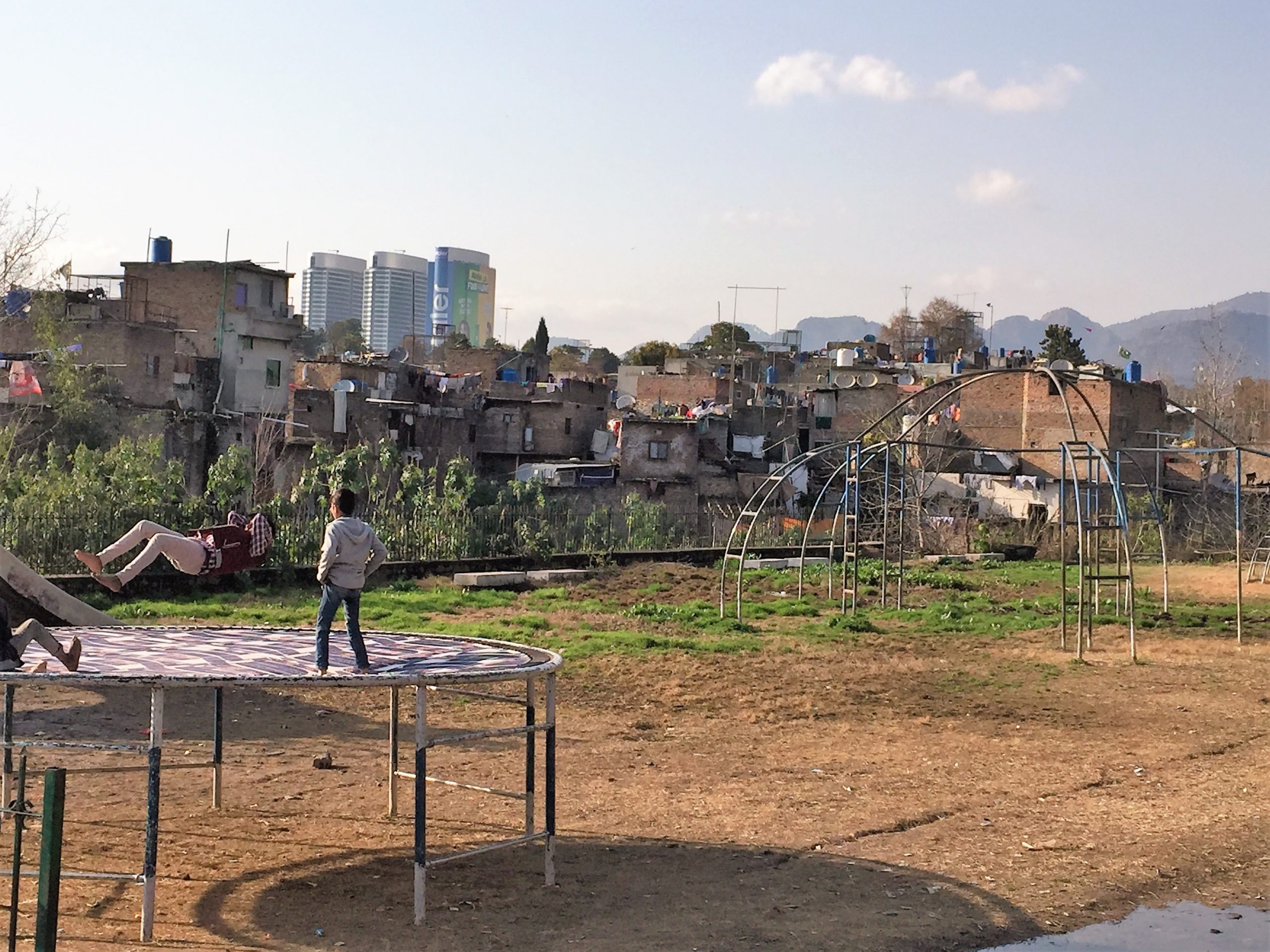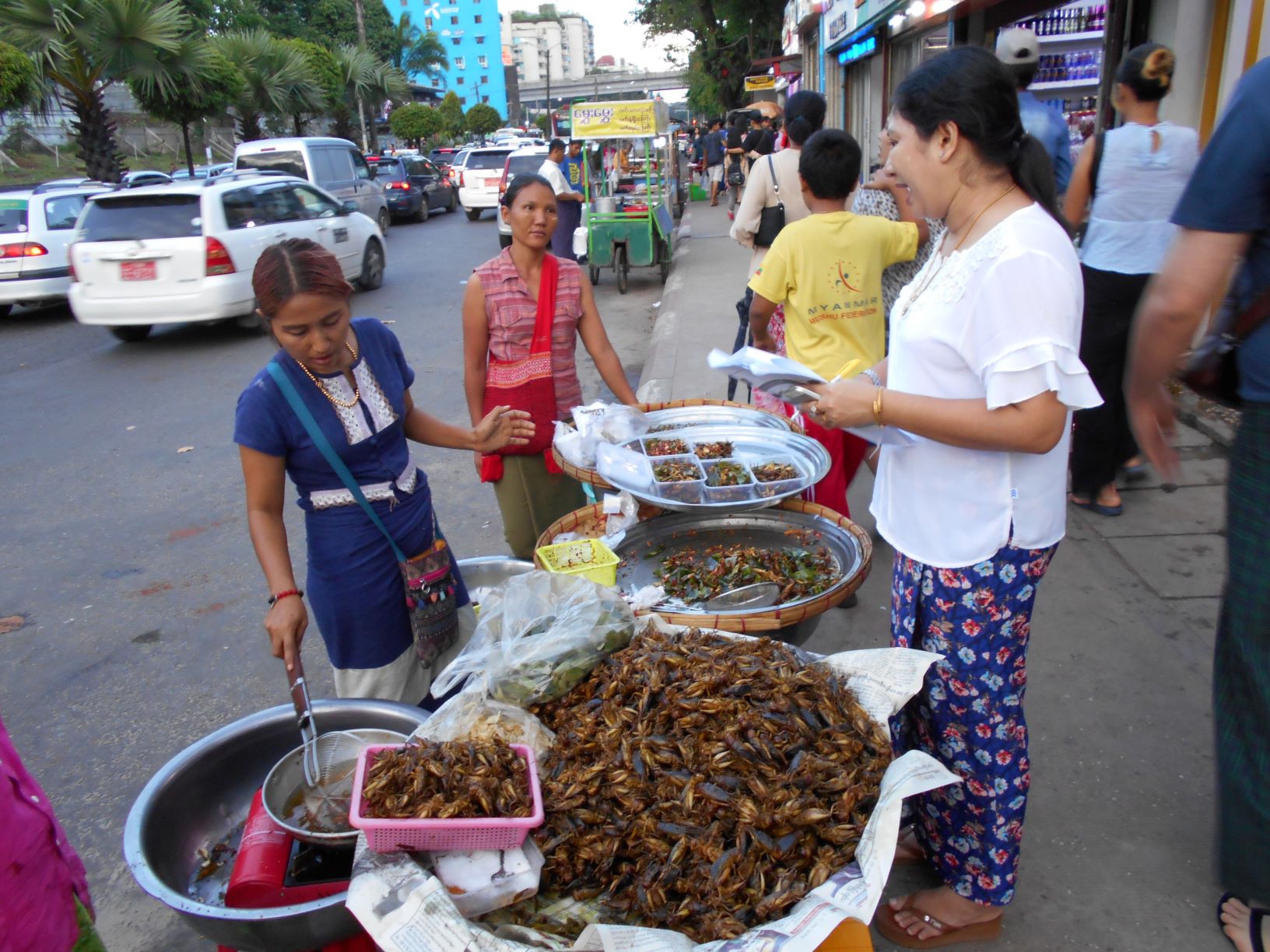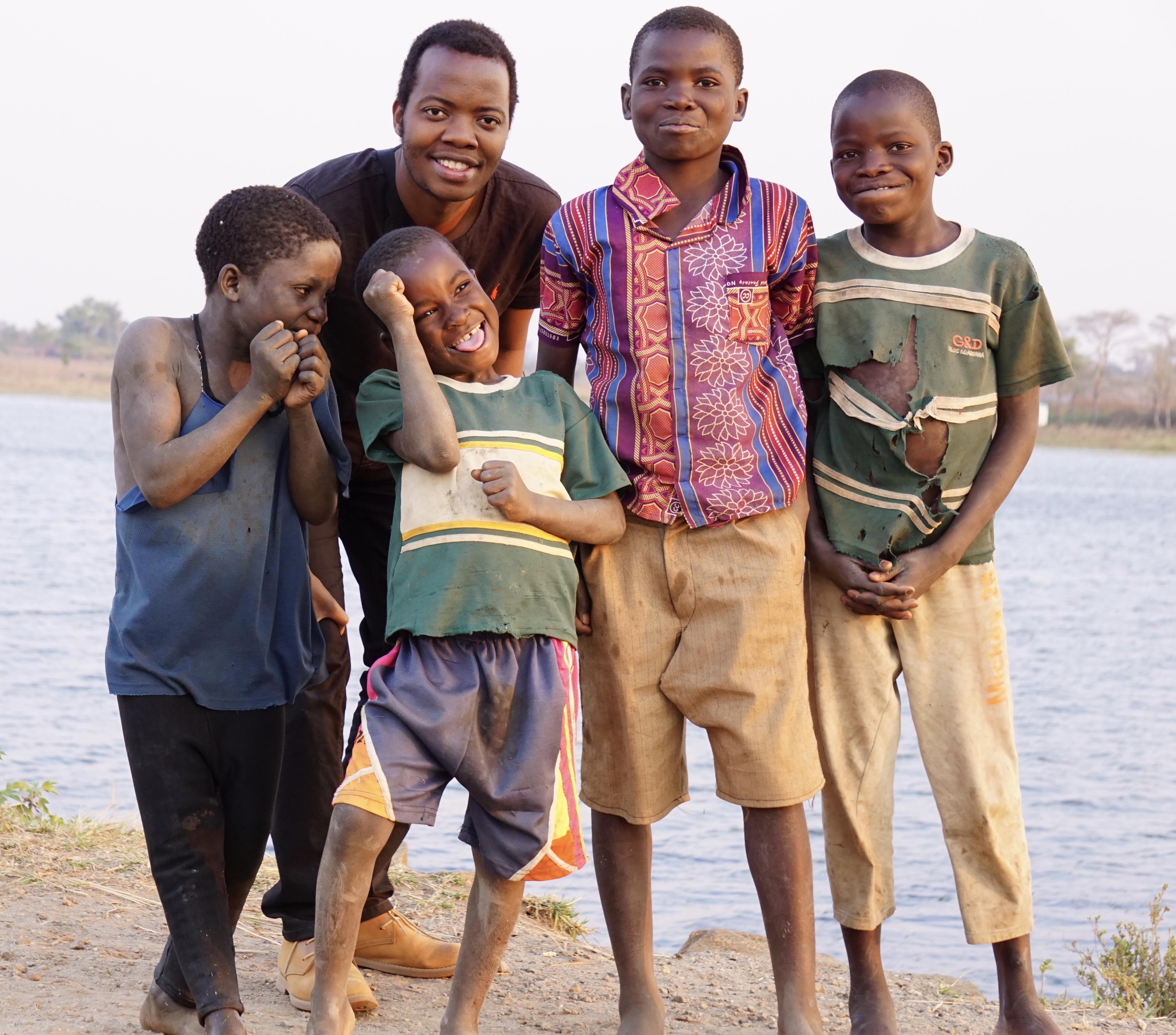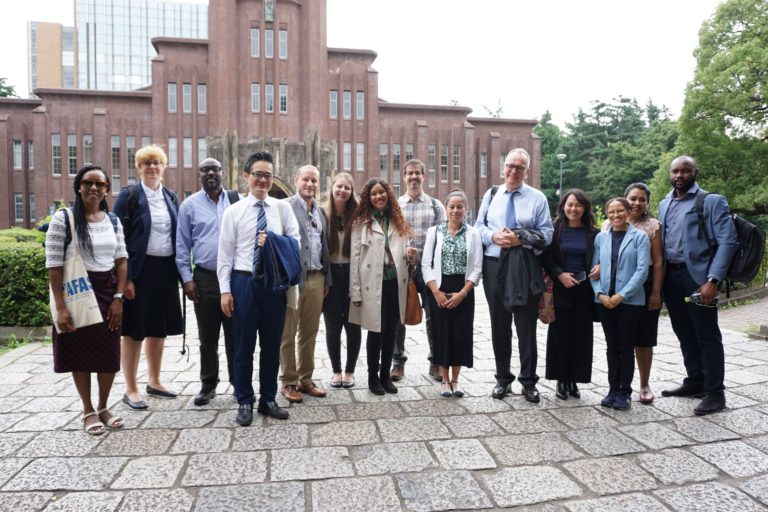Reflections on a PhD journey to two continents: researching the slums of Islamabad and Brasilia
ZEF researcher Arslan Waheed (from Pakistan) wrote his doctoral thesis on ‘Development Discourses and Urban Poor: A Comparative Study of Slums of Islamabad and Brasilia’. He defended his thesis successfully on August 27, 2021 and obtained his doctoral degree from Bonn University’s Faculty of Arts. His research was funded by the German Exchange Service DAAD). Arslan returned to Pakistan after his defense to work with the National University of Sciences and Technology (NUST) in Islamabad. The interview was conducted by Alma van der Veen (ZEF) per e-mail.
You wrote your doctoral thesis (funded by the German Exchange Service DAAD) on ‘Development Discourses and Urban Poor: A Comparative Study of Slums of Islamabad and Brasilia’. It sounds complex. So what exactly have you looked into?
Cities have been rendered as symbols of growth and development. In the case of Islamabad (in Pakistan) and Brasilia (in Brazil), this claim was more like an official position as both Islamabad and Brasilia were considered as symbols of growth, development, and prosperity for their respective societies. However, thousands of people are living in slums in these modernist planned cities. So this claim is something that demands critical investigation into the planning rationalities and modalities of governance in cities in the global south. My research is an attempt to understand those rationalities and modalities by finding an answer to a very simple but ignored question: why are there large areas with marginalized communities in such planned and modernist cities? And once they are there, how do urban authorities and development rationales make sense of those marginalized communities which are often labeled as slums, favelas, or katchi abadis?
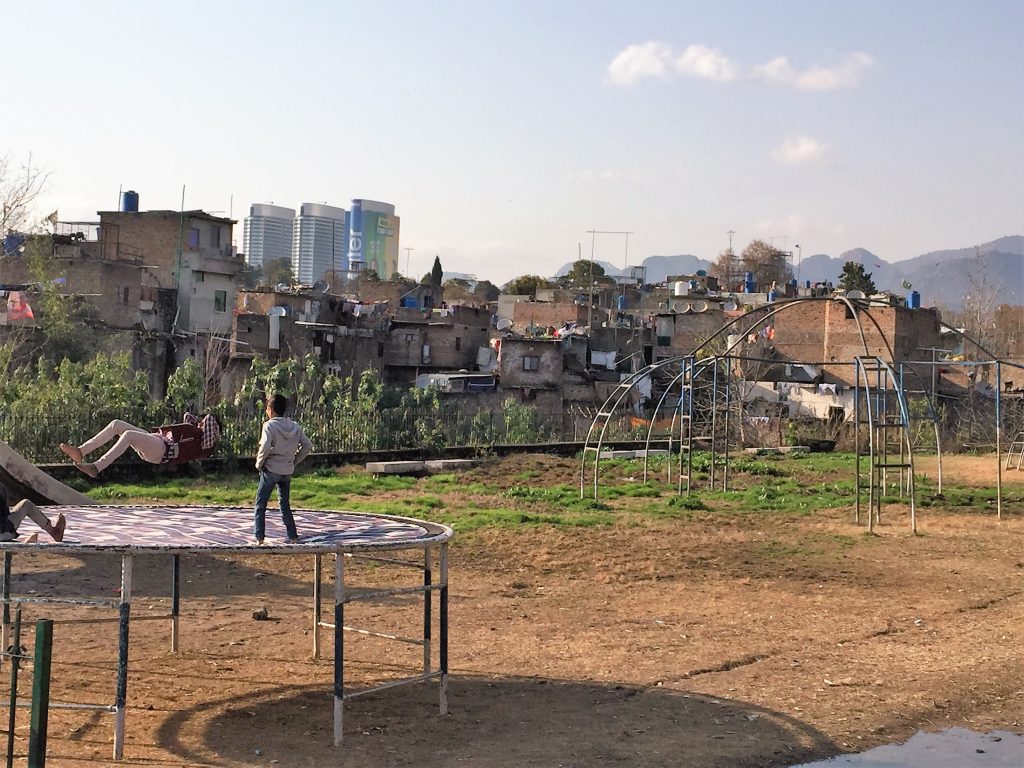
How long have you been in Islamabad and in Brasilia for conducting your field research? What were the differences, were there similarities?
I have been working on Islamabad since my Master’s degree back in 2013. I did fieldwork in Islamabad for over three years in total. This, however, is the luxury I could not afford for Brasilia due to the limited resources at my disposal. I spent around five months in Brasilia for conducting my ethnographic research. The rest of the time I spent virtually, i.e., going through archives, historical documents, planning maps, and recorded historical oral interviews. It was a very interesting journey not only for my Ph.D. but also for understanding myself and my cultural baggage.
If we talk about society as a whole, I must say that the differences between the two cities are innumerable. They are different in every possible aspect, from religion to social values, from political systems to social institutions. Nevertheless, like Pakistan, I found my Brazilian colleagues, research participants, and society as a whole very lively, friendly, and hospitable. I felt at home in Brasilia.
Despite of different political systems, bureaucratic structures, and laws, the logic of city planning, scientific knowledge, governance modalities, and training of architects and planning professionals were strikingly similar. It was shocking for me but, honestly speaking, not entirely unexpected. When I was comparing the official master plans of Islamabad and Brasilia, looking at the architectural and social objectives and goals, I could already see that the journey of both countries for development is strongly influenced by international ‘developmentalism’ led by the United States in the post-World War II period. This period is marked by an unprecedented role of planners, consultants, and international organizations like Ford Foundation, UN, and the Alliance for Progress exporting scientific knowledge and categories of development to the global south. Urbanization, industrialization, and large-scale infrastructure development were the core categories through which the dream of development was expected to be realized all over the globe. That serves as a focal point from where I could justify my comparative approach as well as the whole idea of comparing two different cities continents apart.
What were the main challenges you were facing while conducting your research in Islamabad and in Brasilia?
There were several challenges and some of them are of a very strange and unexpected nature. Some of the challenges were very similar, and I think they exist for everyone doing fieldwork. Dealing with bureaucracies is not always easy and you never can be sure to have access to public documents, budgets, maps, and meetings. Sometimes you get access and sometimes you don’t, no matter how hard you try. For example, in the case of Brasilia, I was denied access to many documents on the pretext of me being a foreigner. In the case of Islamabad, I was denied access to some documents because I was a fellow citizen, and they did not want me to know what they were doing.

Apart from these regular challenges, the kind of interaction I had was also ethically very challenging. Seeing and observing corruption or abuse of authority in front of my eyes was certainly not easy, especially when you don’t know how to respond or if and when to report. This concerns some of the things you witness and find during your fieldwork and interactions with both officials and slum residents. I still don’t know how I could or should have responded because the whole interaction and meeting with officials is based on trust between you and them. It is very difficult to put it in black or white.
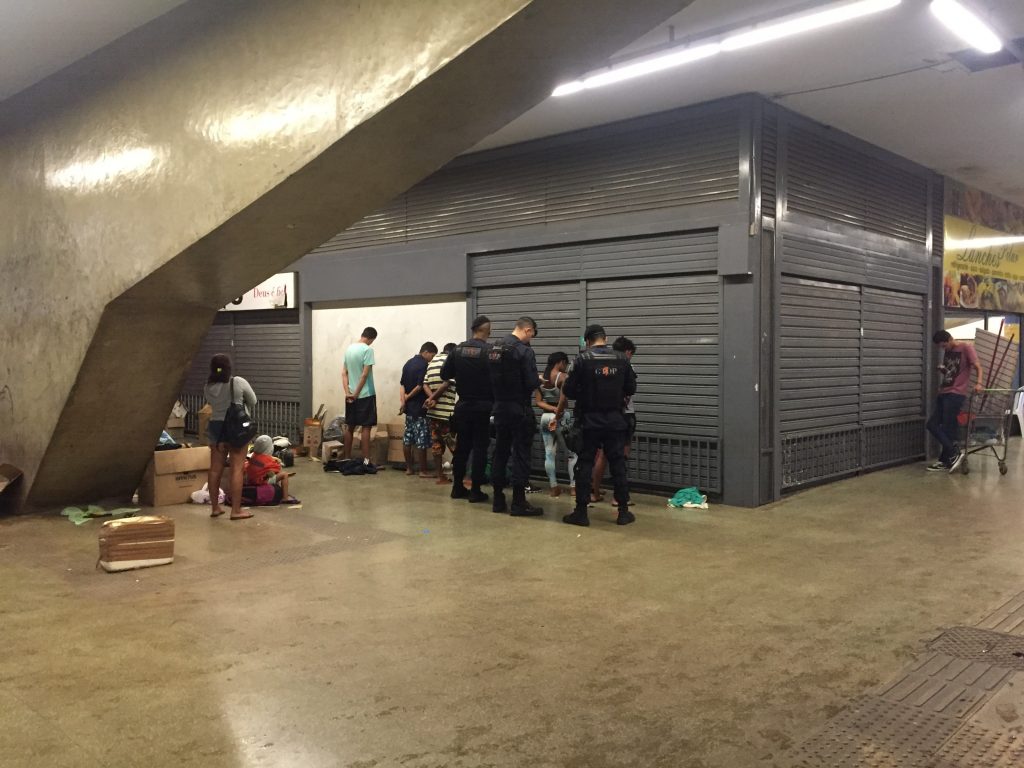
Another important challenge is how to position yourself while interacting with your “field”. I was a student from a leading European university who came to them. I was privileged, no doubt. This had different implications for different social groups I was interacting with. In some cases, I was seen as a savior, in others as a spy. Sometimes I was welcomed as a potential consultant, sometimes as a bookworm doing a Ph.D., without any knowledge of the ‘realities on the ground’. Creating that environment of mutual trust as well as a productive session demands a different kind of skills set. Nobody has such a skills set at hand. We all learn more or less by doing. I am glad that I managed to address most of the challenges, but there is a lot of room for improvement. I still think I could have done better. As I said, the scarcity of resources is an important factor, and being a Ph.D. researcher, I think all of us need to be balanced and find compromises in one way or another. I now feel that doing your Ph.D. is also about training yourself to be balanced, responsive, learning from and for everything.
What was your most impressive or even striking experience during your field research?
My field research was very eventful, especially in Brazil. Every day I was learning new things and meeting new exciting people. I met, for example, a music group called Calango Careta. They were not professionals, but more like a group of young motivated people from Brasilia who were raising their voices and contesting the criminalization of poor and other marginalized groups through their music. It was very fascinating for me. We have some similar activist groups and parties in Pakistan but their case was a bit different. They were using the same instruments as the military to play their songs and anthems in Brazil. But instead of military music they were playing songs about love, freedom, respect, and inclusion of marginalized groups. I kept in touch with them for most of my fieldwork.
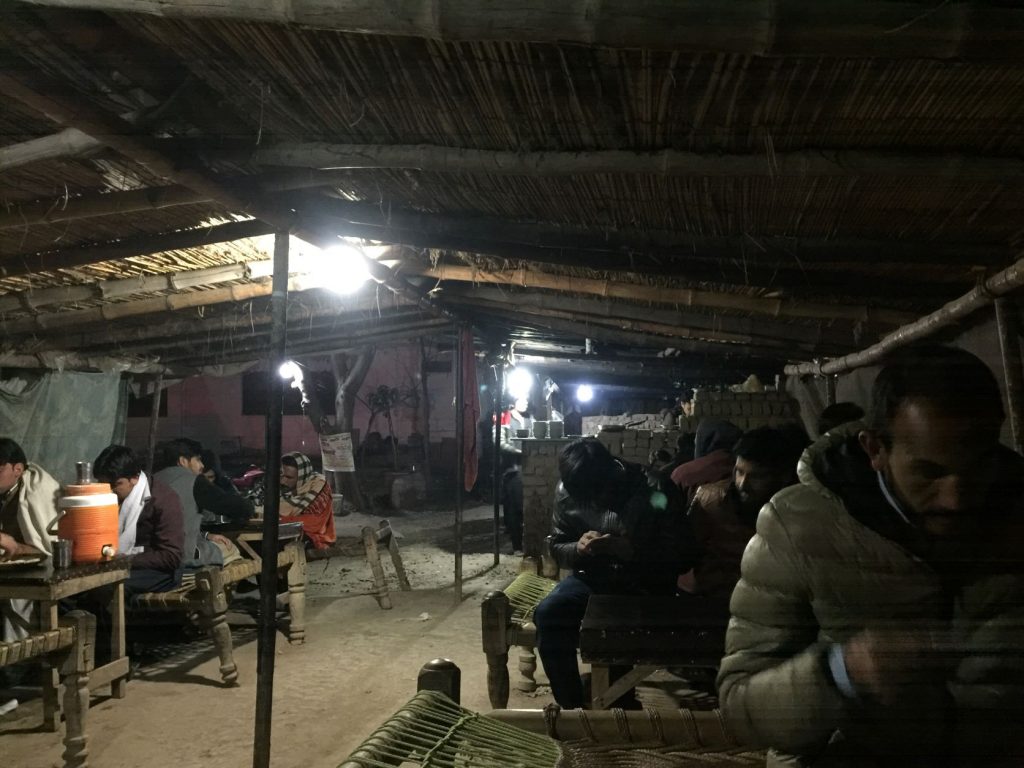
And what about Islamabad?
I also came into contact with other informally organized groups. In Islamabad, I came to know that many small groups in slums are providing many kinds of services to their communities to uplift them both socially and politically. These kinds of initiatives are not reported about in mainstream media or discussed in the public discourse in Pakistan. They are not that visible and by just going there and meeting you do not really see or realize how and what are they doing to help themselves and others. For me, it was very interesting to know that these self-initiated and –organized groups are politically very vibrant and active in their day-to-day affairs. They have support networks that sometimes transcend the boundaries of religion, ethnicity, language, and nationality. These support networks have very limited resources, maybe that is why their presence is not easy to detect, but their presence matters a lot. I did not know that they operate to such an extent. Perhaps, this is what I would be very happy to engage with as a possible future research project.
What are your main conclusions/outcome and what do you recommend to policymakers in Islamabad and in Brasilia?
That is an interesting question. To formulate main conclusions and findings and translate them into policy recommendations has always been a difficult step. Let me tell you about my main findings first and then a recommendation I got from one of the residents of slums in Islamabad.
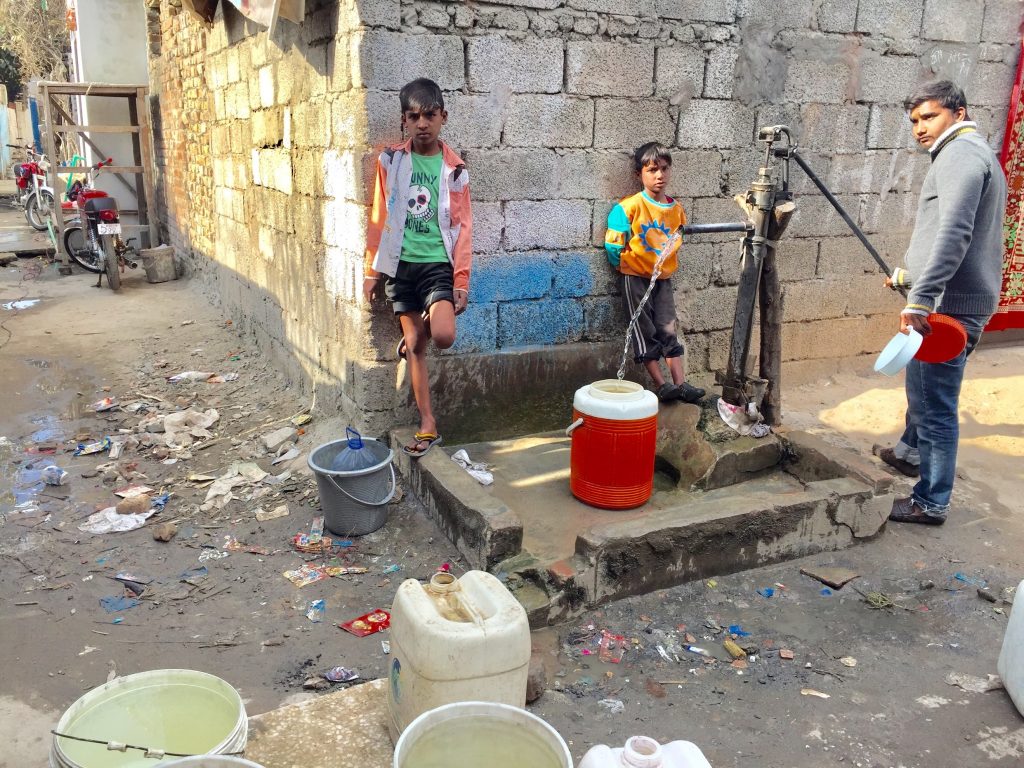
Based on my research I find that the urban poor in Islamabad and Brasilia are criminalized and presented through various labels like encroachers, robbers, environmental threats, and so on. This kind of labeling implies them being a socially deviant group that needs to be controlled, segregated, and excluded from the rest of the inhabitants of Islamabad and Brasilia. The labels are techniques and technologies through which they are understood, analyzed, and approached by the municipal authorities and technocratic actors engaged with the development and planning in these cities. These labels are not just linguistic tools to refer to someone. They have real-life implications.
Having this as one of the main findings, I would suggest that policymakers – and maybe fellow researchers, colleagues, and professionals – be sensitive about their use of words and designations, especially when they are dealing with resource distribution like provision of infrastructure (road, parks, schools, etc.) and basic facilities like water, electricity, sewerage, etc. The identities they create on papers while sitting in their offices represent a ‘case’ where the intervention is needed or justified but without the ‘story’ of those individuals who are labeled in that specific policy. The process should be democratized and inclusive instead of being scientifically ‘esoteric’ and exclusive, which is usually justified with scientific knowledge, technical vocabulary, and training.
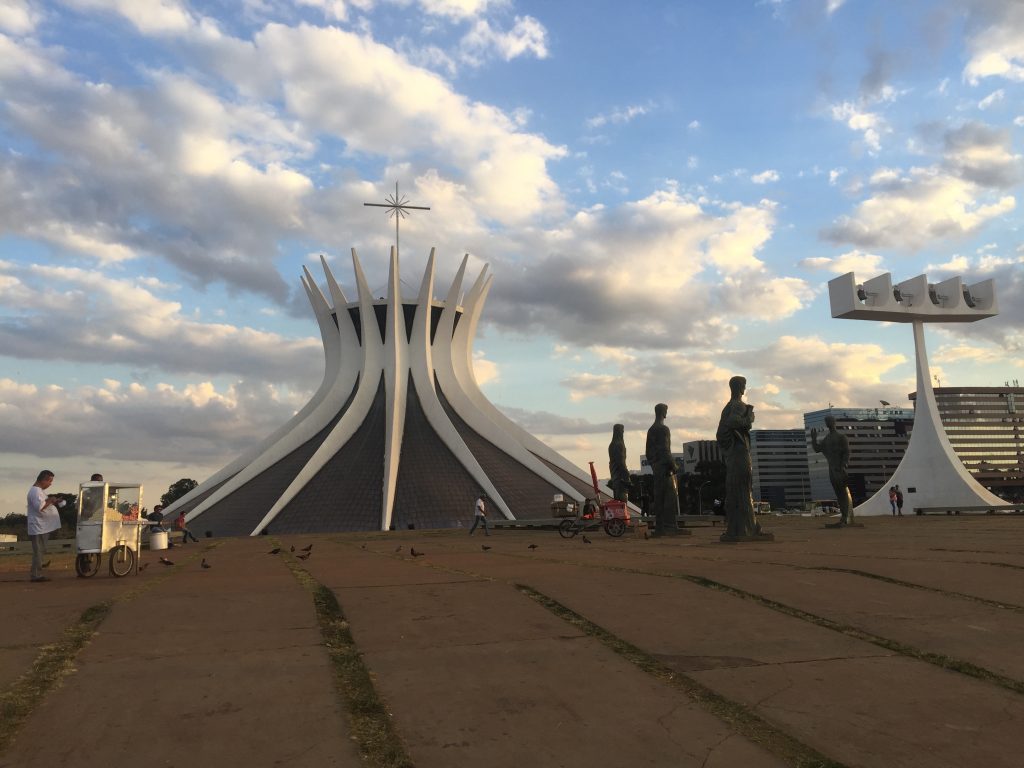
Just to give you an idea about how the approach of policymakers in dealing with slums and urban planning could change, let me paraphrase some lines from an interview from Islamabad:
The problem starts when they label us as a ‘katchi abadi [slum]’. People start assuming that only criminals and drug addicts are living there. This damages us. If they just stop labeling, half of our problems will be gone automatically.
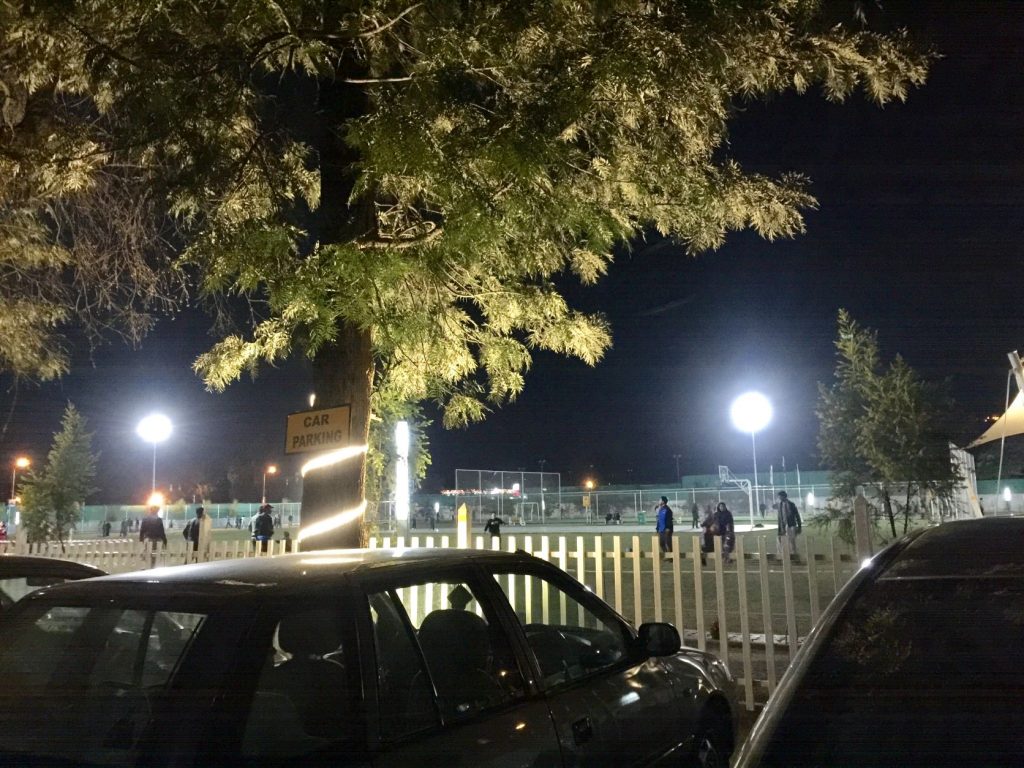
Congrats on obtaining your Ph.D. degree in social sciences from Bonn University. What is the next step?
Thank you very. My Ph.D. from Bonn University’s Faculty of Arts has been an amazing journey. I will never be able to thank enough all of my friends, and colleagues who have made this journey possible. I would like to take this opportunity to thank the DAAD and ZEF administration for their enormous support throughout the journey. I was provided with all the resources needed at every stage of my Ph.D.
Well, the next step is already here. I am glad to share that I have been offered a position at one of the leading universities of Pakistan, the National University of Sciences and Technology (NUST), Islamabad. I am looking forward to joining them to formally begin my professional career in university teaching and research.
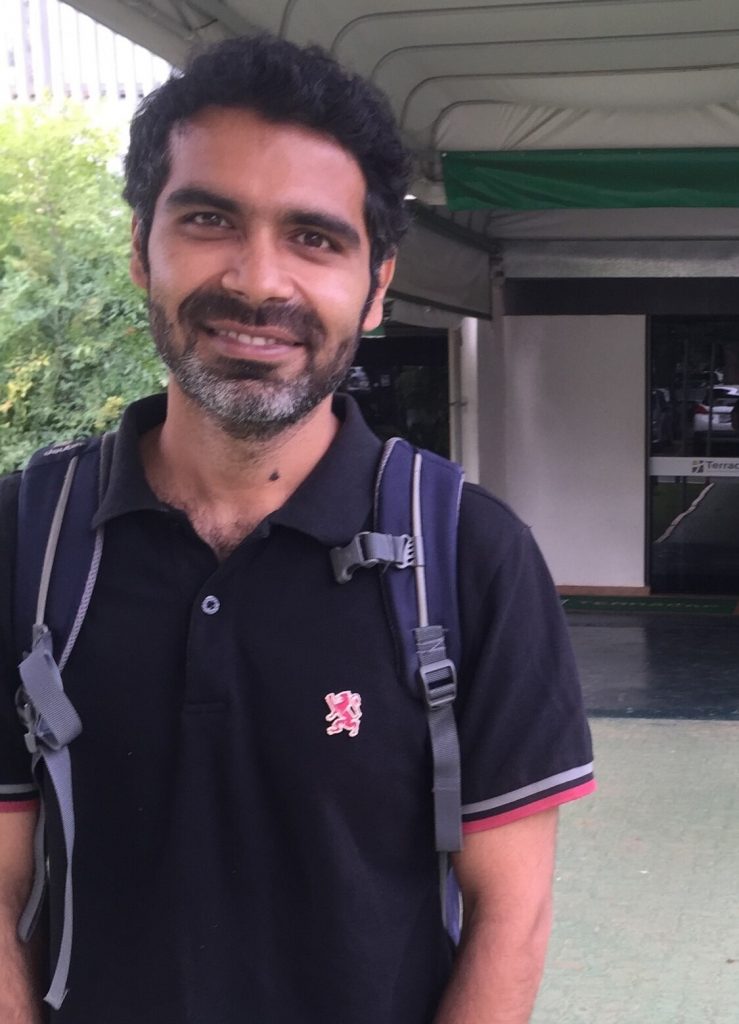
Web links:
- ZEF audio Podcast ‘ZEF in the City’ (January 7, 2021)
- ZEF News article Development discourse and the urban poor: A comparative study of the slums of Islamabad and Brasilia (September 2020)
- ZEF in the city (forthcoming)
